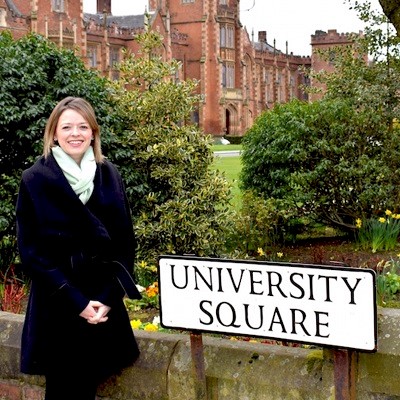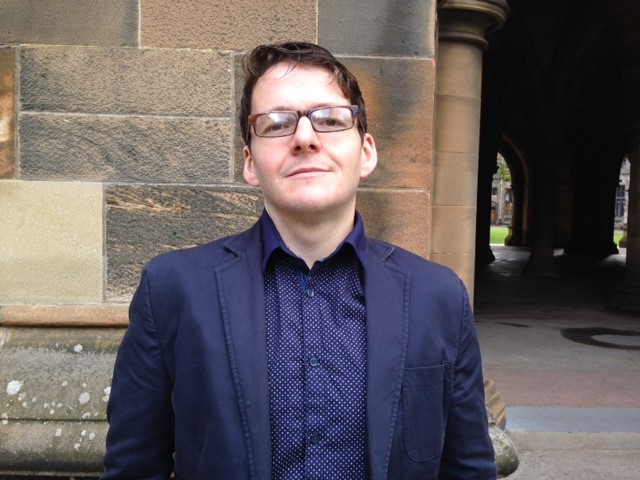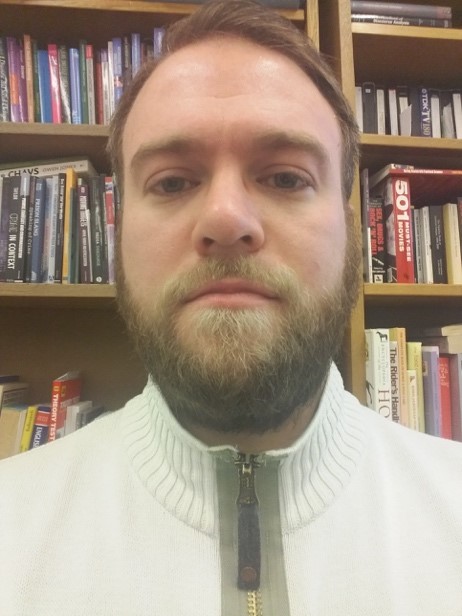Meet the Researcher

Edel's research focuses on early modern literature, Renaissance performance cultures, and childhood studies. Her book, Performing Childhood in the Early Modern Theatre, offered a new understanding of early modern childhood through its focus on the child performer.
Her second book, Reading Children in Early Modern Culture, explores how textual cultures articulate alternative understandings of childhood. She is developing a collaborative project, Shakespeare and Riot, that examines Shakespeare as a battleground for cultural, social and national identity.
My first book on the children’s playing companies of the early seventeenth century argued that early modern theatre produced a distinct concept of childhood. My second monograph extended this thesis to explore the ways in which fresh concepts childhood and youth emerged through the changing relationships between oral, manuscript and print cultures of the period. My interest in girls’ writing develops this work to focus on the ways in which young female writers negotiated their place in the world and contributed to social, religious and political debate. My focus on girls’ protesting voices also builds on another research interest in Shakespeare and riot.
I’m planning to write the first book-length study of early modern girls’ writing. Writing Early Modern Girlhood will evaluate work by approximately 50 girls, largely in their early adolescent years, between 1544 and 1704 to argue for the significant participation of girls in early modern textual culture and to provide a new understanding of girlhood as creative and disruptive state. I’m also continuing to develop a longer-term project with Dr Kate Flaherty (Australian National University) and Assoc. Prof. Fiona Ritchie (McGill University) on the ways in which Shakespeare in performance has instigated riotous response throughout history.
Dr Edel Lamb is Senior Lecturer in Renaissance Literature (e.lamb@qub.ac.uk)

Alex's research covers British and American literature and culture, 1880-1940, with particular expertise in the following: Decadence and writing of the fin de siècle; Literature and place (particularly London and New York); Travel Writing; Modernism; Literary and Critical Theory.

Simon's research focuses on the critical linguistic analysis of literary and non-literary discourses. He is particularly focused on the ideological operation of institutional discourses, especially media language, legal language and the language of crime and deviance. His additional research interests in stylistics and literary linguistics, particularly the multimodal and pragmatic analysis of televisual dialogue.

